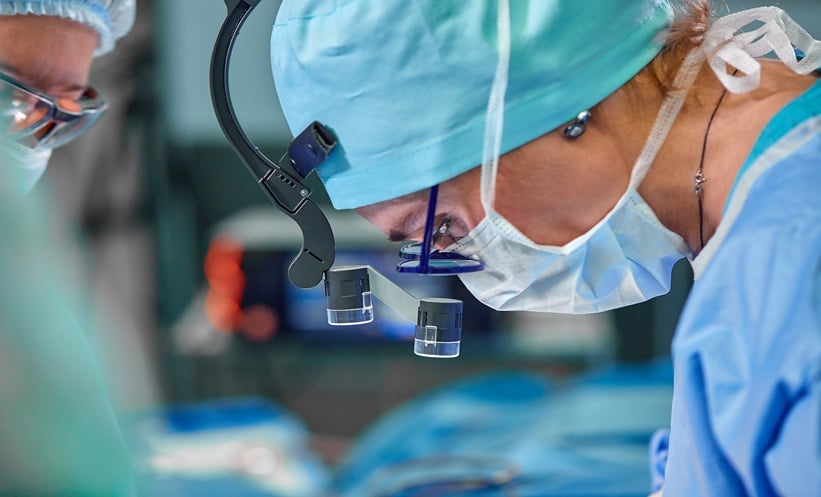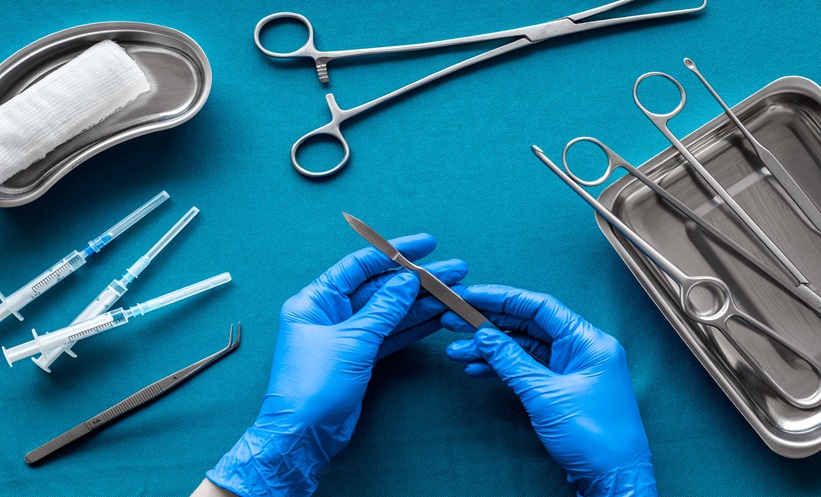NEW findings presented at ESMO Breast 2025 suggest a possible link between gut microbiome composition and breast cancer recurrence, highlighting a potential avenue for future personalised care and risk prediction.
The study, led by Sidse Hickman Ehmsen and colleagues examined the gut microbiota profiles of 103 early-stage breast cancer patients (89% ER+, 8% HER2+, 9% TNBC) and 160 healthy controls. Using faecal samples collected during diagnostic mammography between 2014 and 2017, researchers performed metagenomic analysis to investigate microbial diversity and its association with breast cancer diagnosis and recurrence.
Although the overall microbiome composition did not differ significantly between breast cancer patients and cancer-free controls, notable differences were observed among the patients themselves. In particular, two bacterial species, one from the Firmicutes phylum and one from the Ruminococcaceae family, were found in higher abundance in patients who experienced a recurrence within ten years, compared to those who remained recurrence-free.
Further analysis revealed variations in gut microbial functions, particularly in genes related to carbohydrate metabolism. Differences in glycosylhydrolase enzyme profiles, which are involved in breaking down complex sugars, were observed in the microbiota of patients who relapsed.
These findings point to a potential role for the gut microbiome in breast cancer progression and recurrence, although the study’s authors stress that further research is needed to determine causality and underlying mechanisms.
Reference
Ehmsen SH et al. Association between gut microbiome and breast cancer recurrence. Abstract 43P. ESMO Breast; 14-17 May 2025.








